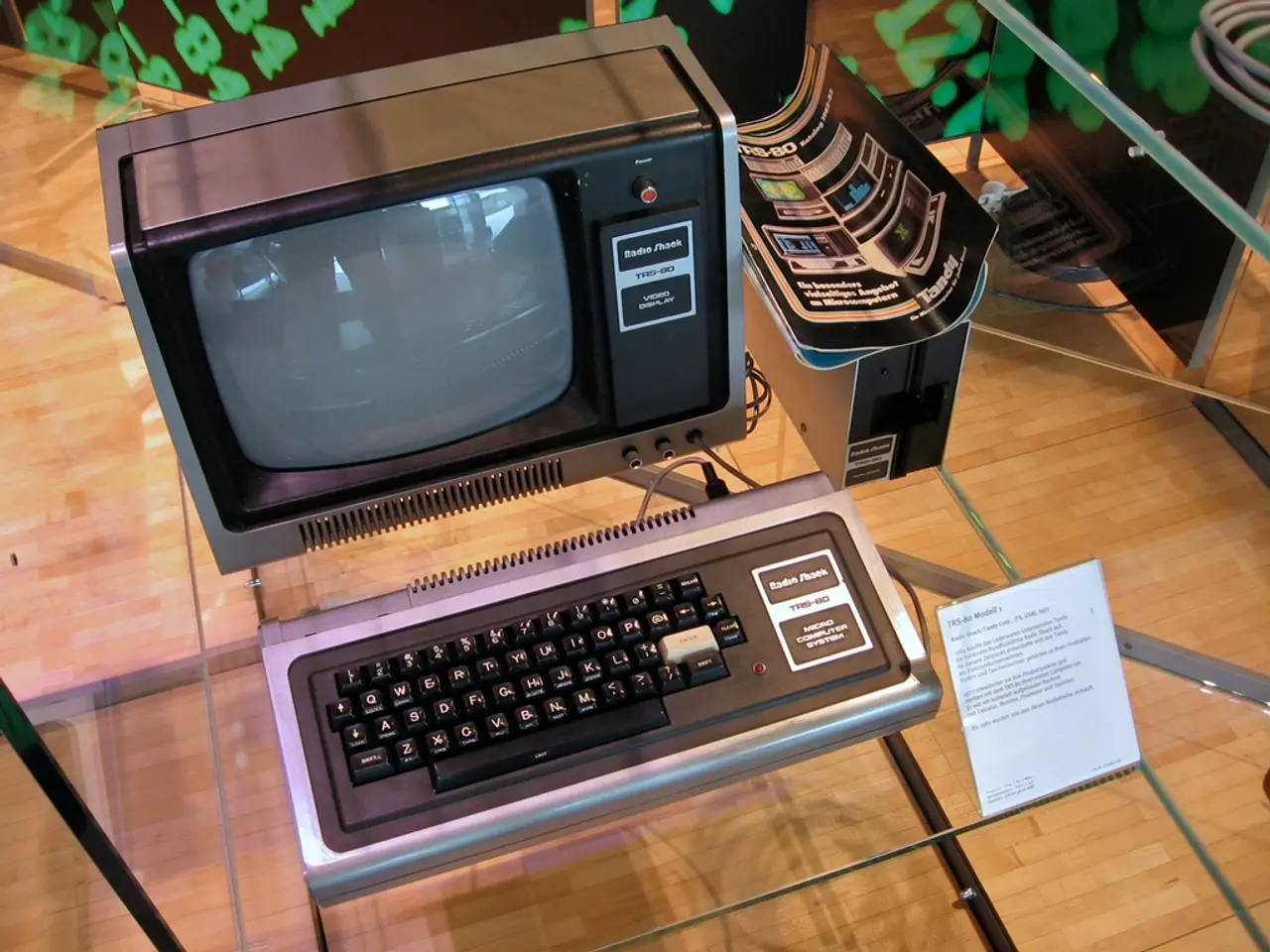Unverified report suggests Intel rejected Arm's proposition to acquire its product division
In a move that could reshape the semiconductor industry, Arm, the UK-based company known for its low-power chip designs, has reportedly expressed interest in acquiring Intel's Client Computing Group (CCG) and Data Center and AI (DCAI) divisions. However, Intel has declined the offer, stating that the divisions are not for sale.
If the deal were to materialise, it would create a formidable force in the market, as Arm and Intel currently offer competing Instruction Set Architectures (ISAs). This potential merger could have significant antitrust implications, given the potential for market concentration, reduced competition, and foreclosure risks.
Arm, majority-owned by SoftBank Group, has seen its valuation rise dramatically to over $156 billion since going public last year. In contrast, Intel remains the biggest maker of x86 processors and x86 contributors, with a 2023 revenue of $55.12 billion. Arm's 2023 revenue, on the other hand, was $3.49 billion.
The combined entity could leverage its position to favour one ISA over others, potentially leading to market foreclosure. This concern is similar to past cases involving platform leverage, such as the Google Android antitrust scrutiny under EU law, where foreclosure effects were crucial.
Moreover, the merger could stifle innovation by limiting competitive pressure from two key architectures pushing standards and ecosystem development. With AI and data center technologies rapidly evolving, monopolizing critical IP could lead to higher prices or slower technological progress.
Regulatory scrutiny would likely be intense, with antitrust authorities conducting a holistic assessment considering market shares, barriers to entry, and foreclosure plausibility. The transaction would undergo detailed review under U.S., EU, and possibly Chinese jurisdictions given the strategic importance of the semiconductor industry and geopolitical sensitivities.
The acquisition or merger of Arm and Intel could also alter competitive dynamics, potentially prompting responses from competitors like AMD, NVIDIA, Taiwan Semiconductor, Samsung, and emerging players in China.
Despite the potential benefits, Intel has stated that its data center group's Q2 2024 revenue was $3 billion, higher than Arm's entire 2023 revenue. Moreover, Intel has no interest in selling its manufacturing assets, which Arm was not interested in acquiring.
It remains unclear whether Arm has actually approached Intel about a potential transaction, but the antitrust implications are undeniable. If the deal were to go through, it would require thorough evidence that it would not harm competition, consumer choice, or technological progress.
- The merger of Arm and Intel, if it were to occur, could potentially limit competition and have significant antitrust implications, as both companies currently offer competing Instruction Set Architectures (ISAs), leading to increased market concentration and potential foreclosure risks.
- In the semiconductor industry, the combination of Arm and Intel could create a dominant force, with the potential for market foreclosure due to the combined entity favouring one ISA over others, thus stifling innovation and possibly slowing down technological progress.




